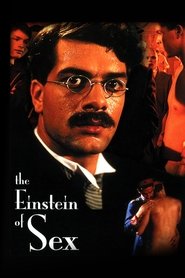
2024
playlist_add 
2022 star_border 4.9
playlist_add 
2021
playlist_add 
2019 star_border 5.8
playlist_add 
2018 star_border 5.5
playlist_add 
2014 star_border 9
playlist_add 
2014
playlist_add 
2012
playlist_add 
2007
playlist_add 
2005 star_border 6.3
playlist_add 
2005
playlist_add 
2005
playlist_add 
2005
playlist_add 
2005
playlist_add 
2002 star_border 4
playlist_add 
2000 star_border 5.6
playlist_add 
1992 star_border 4.3
playlist_add 
1990
playlist_add 
1990 star_border 4
playlist_add 
1990 star_border 5.6
playlist_add Show more
expand_more